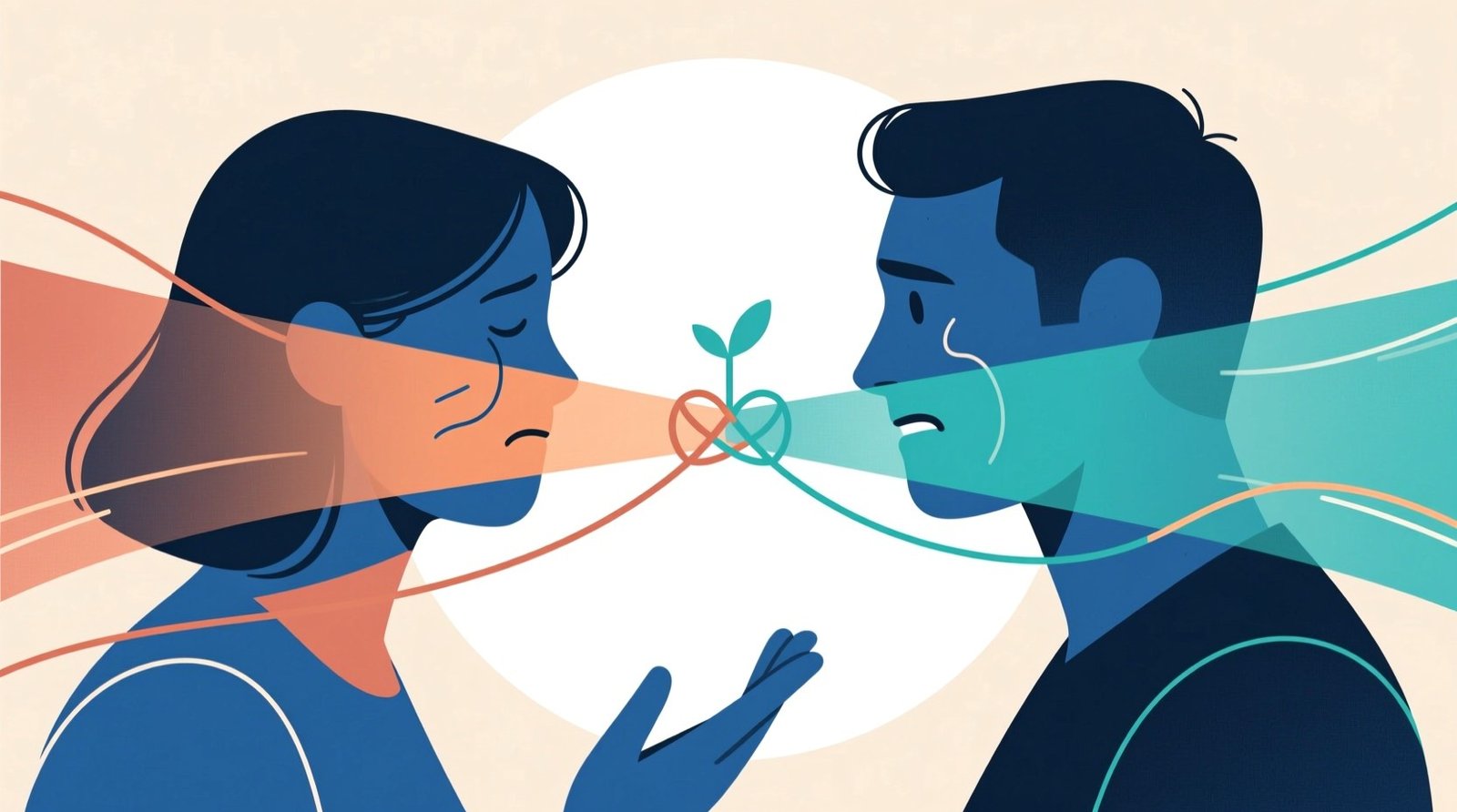Introduction
Relationships can be complicated, and one of the most common challenges couples face is dealing with unresolved issues from the past. If your partner frequently brings up past mistakes, arguments, or situations, it may leave you feeling frustrated or confused. However, there are deeper reasons behind this behavior, and understanding them can help improve your relationship.
In this blog, we will explore why women tend to revisit the past, how it impacts relationships, and what you can do to foster better communication and emotional connection.
The Psychology Behind Bringing Up the Past
1. Unresolved Emotional Pain
One of the primary reasons a woman may bring up past events is that she hasn’t fully healed from them. If an issue was not properly addressed or if she felt unheard at the time, it can resurface during new arguments or discussions. This is often her way of seeking closure and validation.
2. A Need for Emotional Security
Bringing up past incidents can sometimes be a way to ensure that patterns of hurtful behavior do not repeat. If she felt betrayed, neglected, or unappreciated in the past, discussing those moments helps her confirm whether real change has occurred.
3. Lack of Resolution
Sometimes, people bring up past conflicts because they were never truly resolved. If an apology was given but no real effort was made to change the behavior, the issue remains an open wound.
4. Seeking Acknowledgment
Many women bring up past issues because they want acknowledgment of their feelings. Simply saying, “I’m sorry,” without demonstrating understanding or empathy can feel dismissive. Revisiting past problems can be a way to gain deeper validation.

How It Affects Relationships
1. Communication Breakdown
If past conflicts dominate conversations, it can lead to communication breakdowns where partners become defensive instead of working toward solutions.
2. Emotional Distance
Constantly reliving past pain can create an emotional wall between partners. If one partner feels unheard and the other feels attacked, it can lead to detachment.
3. Resentment and Frustration
Bringing up the past repeatedly can cause resentment on both sides. The person bringing up the past may feel stuck, while the other partner may feel blamed for things they believe should be forgiven.
How to Handle When She Brings Up the Past
1. Listen with Empathy
Instead of dismissing her concerns, try to understand where she’s coming from. Actively listening and validating her feelings can help resolve old wounds.
2. Identify Repeated Patterns
If she keeps bringing up the same issue, consider whether there’s a pattern in your behavior that needs addressing. Recognizing and breaking these patterns can prevent the same problems from resurfacing.
3. Show Genuine Change
Words alone are not enough—actions matter. If past mistakes have hurt her, make a conscious effort to change the behavior that led to those mistakes.
4. Create a Safe Space for Communication
Encourage open and honest conversations without fear of judgment or conflict. A supportive environment allows both partners to express themselves without fear of confrontation.
5. Seek Professional Help if Needed
If past issues continue to resurface despite efforts to resolve them, couples counseling or therapy can provide guidance. A professional can help navigate deep-seated emotional wounds and foster healthy communication.
When Should You Be Concerned?
While revisiting the past can be a way to heal, excessive focus on old conflicts can also be a red flag. If it turns into emotional manipulation, constant blame, or prevents relationship growth, it may indicate deeper trust issues that need addressing.
Conclusion
Relationships thrive on trust, communication, and mutual respect. If your partner keeps bringing up the past, it’s essential to approach the situation with understanding rather than frustration. By listening, acknowledging past mistakes, and demonstrating real change, you can build a stronger, healthier relationship.
Every relationship has its challenges, but with patience and effort, couples can move forward together, leaving past conflicts behind.







[…] if you have ended the relationship, you find it impossible to detach […]